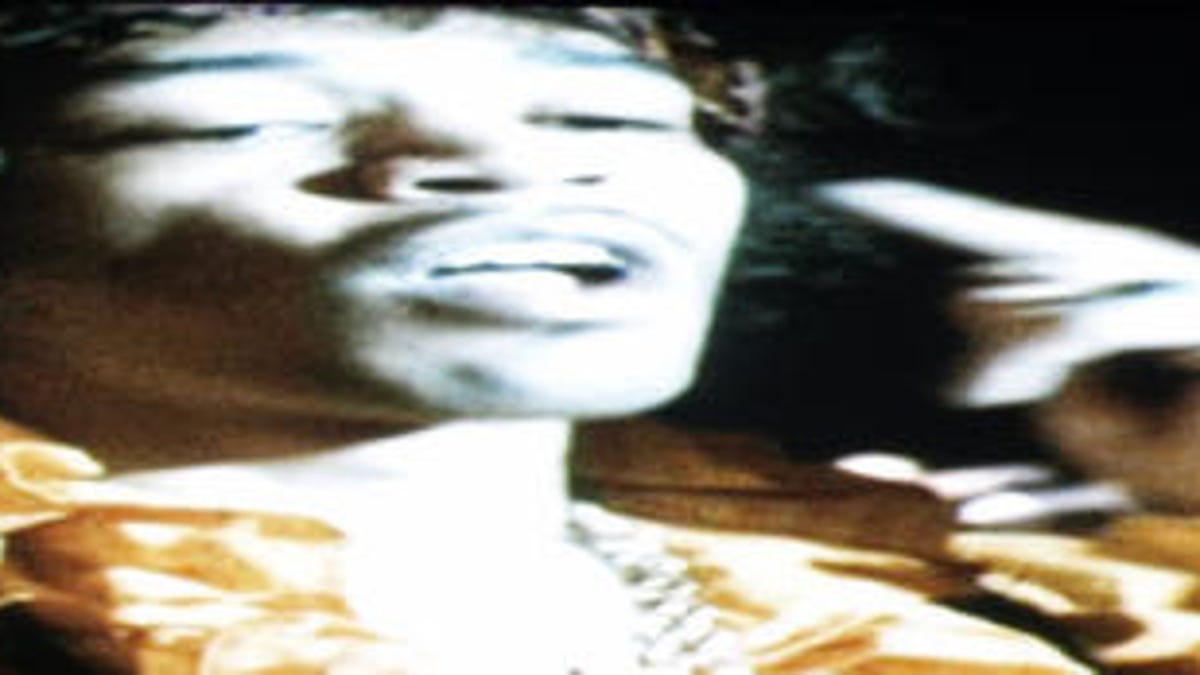It's Dynamic Range Day, turn it up
For the last 10 years, sound has been mixed and mastered at ever increasing loudness levels, crushing the natural vibrancy of music.

Dynamic Range Day comes to us from Turn Me Up, a non-profit music organization working with artists and recording professionals who are promoting more dynamic recordings. Most contemporary recordings are anything but; they are mixed to sound loud all the time.
I know that might seem ridiculous, every music player--radio, iPod, hi-fi, or home theater system--has a volume control. You can listen quietly or turn it way up, but do you realize that every recording--every album, video, movie, or TV show--has been mixed with a fixed relative loudness level? Many movies have extremely wide soft-to-loud dynamic range, but nowadays music has almost none. Nearly every sound, from the naturally quiet ones like the soft strum of a guitar to whispered vocals are boosted in the mix to sound as loud as the loudest scream or drum hit. The phenomenon has been dubbed "The Loudness Wars," which started around 10 years ago. Once all the sounds are loud, there's no way to restore their natural soft/loud balance.
Please understand, dynamic range compression is used in almost every commercial recording and just about every live amplified concert. So unless you're a musician, or hang around musicians, or attend classical music concerts, all of the music you hear is compressed. Most of today's recordings have less soft-to-loud dynamic range than 78 rpm records did in the early 1950s!
If the Loudness Wars are such a bad thing, why do they persist? It's a complicated issue, but I can distill it down to one reason: fear. Record producers fear that if their music was quieter than the preceding song on your iPod, car stereo, or computer, their music would be less likely to engage you. The less compressed music is, the lower the average volume will be. When it's compressed, it's loud all the time. But compression takes its toll, and adds a sameness to the sound, which after time becomes boring, and to some ears downright irritating (I'm in the second group).
Dynamic range compression is completely different than the lossy compression used in MP3s; they're not the problem. MP3s don't sound great for other reasons, but they can have almost the same dynamic range as a CD.
OK, less-compressed music's average level is quieter, so turning up the volume--with your volume control--will restore your music's natural dynamic range. If you have old (not remastered) CDs and LPs, play a few to see what I mean. Some will be a lot quieter than your 2012 recordings. See if the older ones sound better after you turn up the volume. Dynamic Range Day seeks to raise music buyers' awareness and bring pressure on the record companies to end the Loudness Wars.

